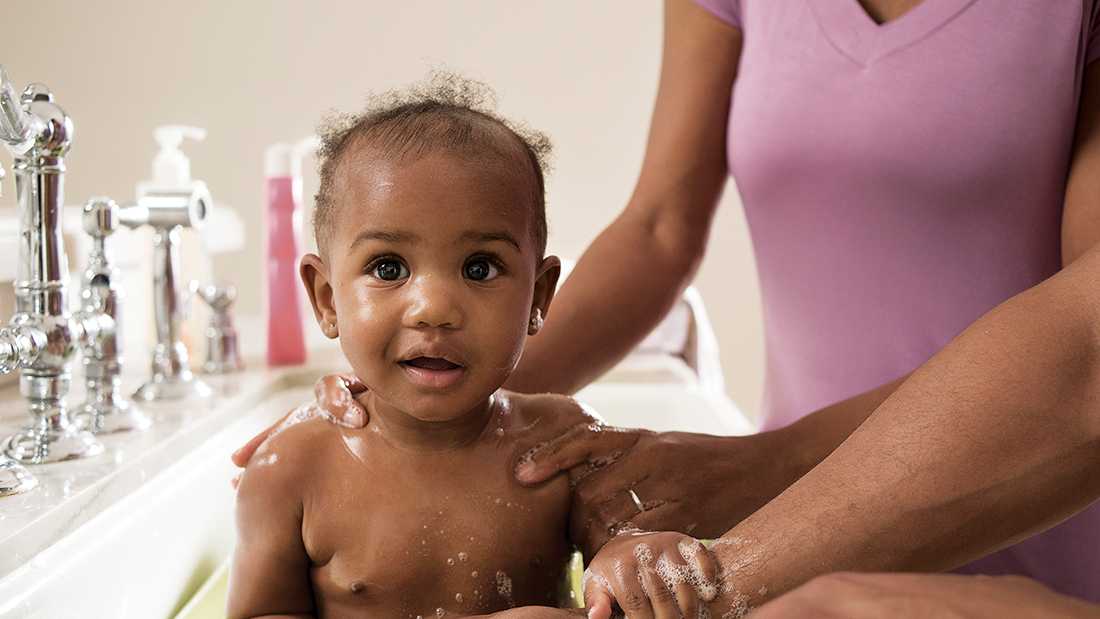
Addressing the unique needs of individual communities could help Indiana improve the health of pregnant women, especially women of color. Empowering faith-based communities to play a role is one way Anthem Blue Cross and Blue Shield is hoping to broaden the reach of services available to women at risk.
In 2020, Indiana’s Department of Health surveyed women about their healthcare experiences. Out of more than 4000 responses, the results showed major disparities between the care a woman receives while pregnant and whether her baby lives or dies.
- For example, a third of pregnant women reported not receiving prenatal care during their first trimester, a larger percentage of them non-white.
- Ten percent said they “felt emotionally upset as a result of how they were treated based on their race (during the 12 months before their baby was born).”
- Women reported a variety of barriers that prevented them from getting prenatal care, which can detect and manage problems before they worsen—and even save lives.
- Two out of every five babies who died did not receive early prenatal care.
- The state has the highest maternal death rate in the Midwest, disproportionately affecting Black and Hispanic mothers.
No single solution to a complex set of problems
Indiana has adopted a suite of initiatives, running the gamut from pregnancy care to childbirth safety to newborn health, to prevent these tragedies. Julie Keck, MD, board certified in pediatrics and neurodevelopmental disabilities, says she believes partnerships between community-based and healthcare or other advocacy organizations may show the greatest promise for making these initiatives work
Faith-based groups keep a pulse on community needs
Keck, who is also managing medical director for Anthem Blue Cross and Blue Shield’s (Anthem) Indiana and Wisconsin Medicaid programs, says that's because different communities have different needs. In some, it’s more education about pregnancy care. In others, it’s better access to pregnancy and childbirth healthcare providers. For others, there may be different barriers, such as money, transportation or health insurance, to receiving pregnancy care.
Anthem has been hosting what it calls “community conversations” with providers as well as community and faith-based organizations to uncover more about those local needs. Working with the Indiana Minority Health Coalition, says Keck, has been instrumental, “because they have connections in communities we want to reach where we know we have significant disparities.”
Tiffany Etter, who leads marketing for Anthem’s Indiana Medicaid program, says the conversations help community leaders “hash out a few key questions: what are the unique challenges? What are organizations in their communities already doing about it? Has the pandemic exacerbated any of the issues? What are the gaps in care that healthcare providers or insurers can help fill?”
The conversations might lead to strategies about how to address those challenges. One finding: in some cases, faith-based organizations may be able to play an important role because of their deep ties to communities. They may be able to help women who are prevented from getting prenatal care because of social drivers of health. For example, says Etter, “if a mother can’t get to doctor appointments because she has other kids at home, a faith community could potentially wrap around her and provide that support.”
Empowering church leaders who are already making a difference
Recent community conversation have lead to an idea to empower trusted leaders in historically Black churches to provide pregnancy education and support.
“These leaders are already making a difference in their communities,” says Keck. “It makes sense to connect with them to help link our (Medicaid) members to resources.”
Etter says Anthem will provide a toolkit for church leaders—not just pastors, but laypeople, children’s ministry leaders and others—to help them implement solutions that fit their communities’ needs and culture. If some of the challenges in a community include high rates of smoking or diabetes during pregnancy, for example, Anthem can prepare church leaders to provide information about those conditions and women for services. The plan is to begin with communities where there are already resources for women of color, such as doula programs, ready to receive women who are referred for care. Anthem can also provide resources to help women enroll in Medicaid if they need healthcare coverage.
Anthem Blue Cross and Blue Shield is an independent licensee of the Blue Cross Blue Shield Association, an association of independent, locally operated Blue Cross and Blue Shield companies.